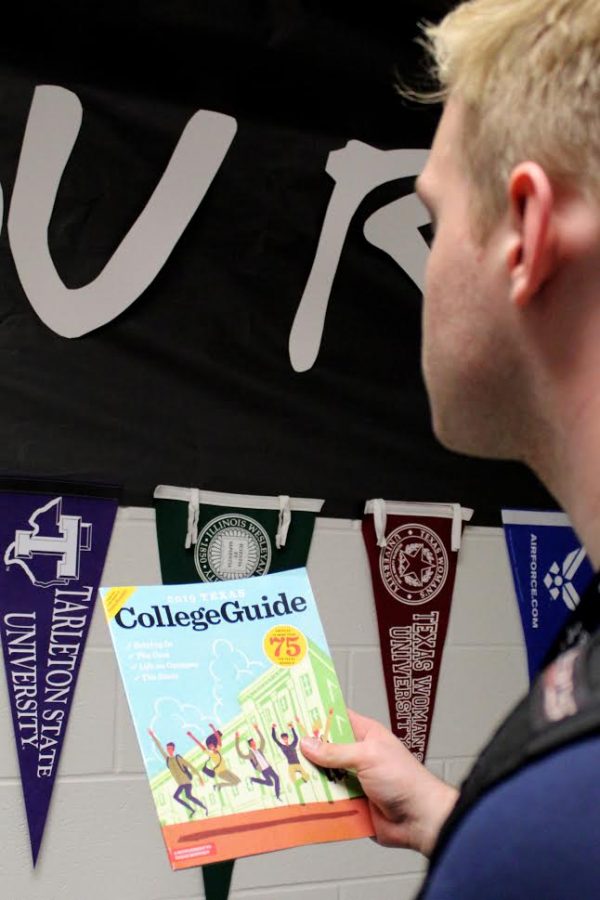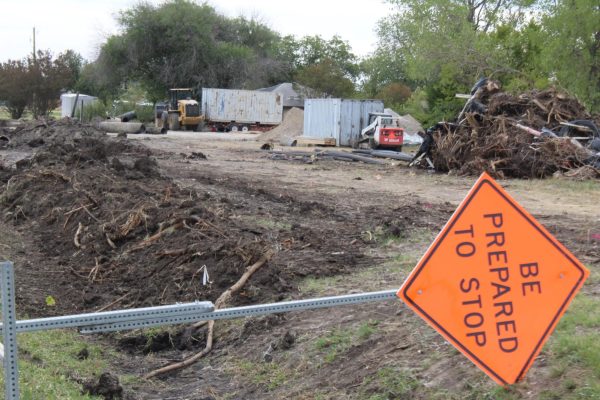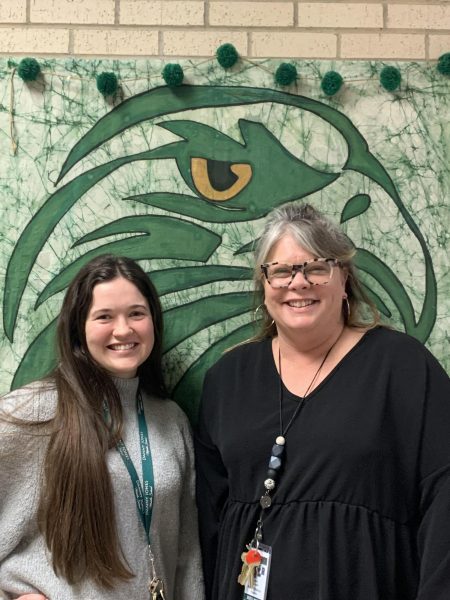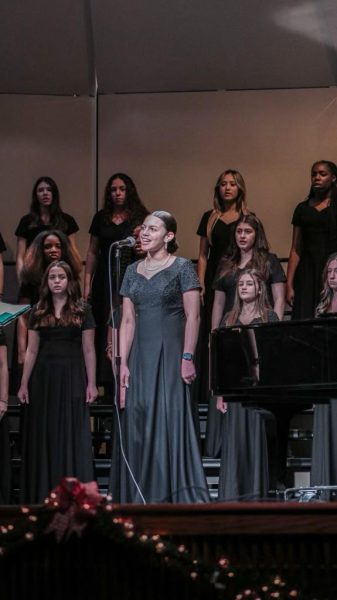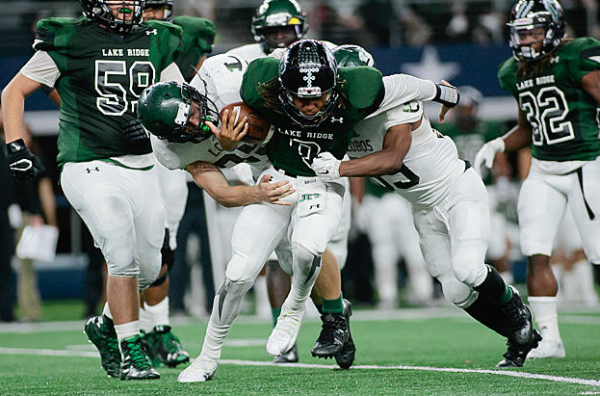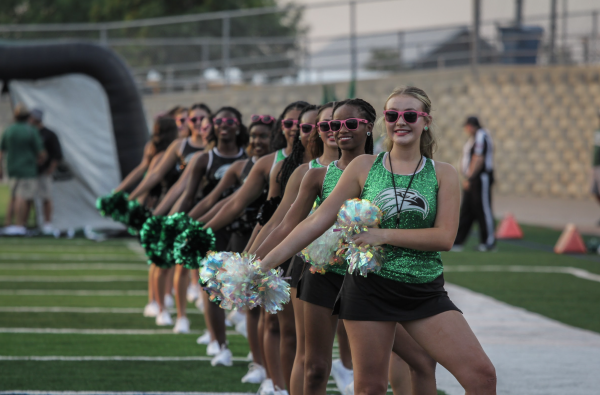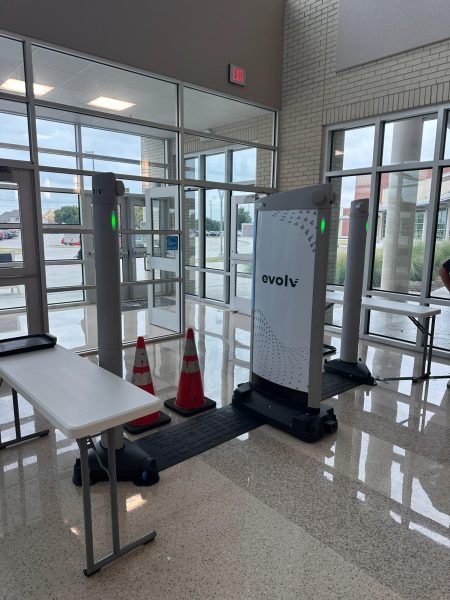How To: Picking the Best College for You
As the end of the school year approaches, many seniors are preparing to take that next step into their education; college. Applying to college is not that simple of a process. It takes months and sometimes years just to figure out what college you want to achieve a higher education at. Also in the mix, are the concerns about financial aid, scholarships, tuition, application essays, and much more in-between. So to those of you who are curious and looking for answers, here are a few steps to finding the best college for you.
Dusti Coker, senior, recently applied to UT Arlington and got accepted. For Coker, the first step in picking a good college is to coming up with three potential choices and discussing it with your parents.
“For me, the first step was deciding what college I wanted to go to with my parents. I’ve had a lot of possible options throughout basically my whole entire life, but I suggest narrowing it down to three. Pick the top three out of how many you had before, and discuss it with you parents or whoever your legal guardian is,” said Coker.
Senior, Morgan Peugh, applied to one of her dream colleges, Tarleton State, and got accepted. Peugh says that the first step into finding a good college is to figure out what you plan on studying, which narrows down your options and simplifies the process.
“What you want to do first is to basically pick what you want to major and minor in. A lot of people decide to pick they’re colleges first, but I think you should figure out what you want to study before that because it narrows down your options, especially if you want to major in music, which is what I’m doing. There’s a lot of public and private colleges that are specialized just for fine arts,”said Peugh.
For Coker, the second step of the process is the research portion. Find out everything there is to know about the said college and expand your knowledge.
“After you pick the top three, next is to browse and do your research. You definitely want to look at housing fees, depending on whether or not you want to stay on campus. Money for books, food, and tests,” said Coker.
For Peugh, after you’ve decided on a possible profession to major or minor in, she agrees researching is next, but specifically finances. Peugh suggests that talking it over with a parent, or even a counselor, will help you understand better if you need help.
“The second step would be to start narrowing down the actual colleges that you’re looking at. After you’ve narrowed it down, then you want to start researching programs, fees, and looking at housing costs. It really is a lot of work and new things to understand, so ask your parents or a counselor to help so you can comprehend,” said Peugh.
Khang Tran, junior, is currently in the process of searching for possible college choices. According to Tran, applying for scholarships is an important part to the process. There are many different types of scholarships that you can use to your benefit.
“Apply for as many scholarships you possibly can, preferably over the summer because you have a lot more and plus a lot of scholarships require some essays you have write. Doing all that, plus your school work, can be really tiring so during the summer would make a lot more sense. There’s endless possibilities of scholarships that you can apply for. There’s literally ones for people that wear glasses, or people that come from low income families, even for being a person of color. Just try to apply for as many as you can because it really does help when it comes to paying for tuition,” said Tran.
For Coker, after having done your research, it all comes down to the actual application process, such as essays. According to Coker, most colleges look more at your volunteer hours, some towards testing scores, and some look at neither. It all the depends on the type of school you plan on going to, whether it be private or public.
“Then after you’ve done all your research, you start the actual application part. If you did your research on the college you want, you most likely already found out what that college looks for in its acceptants. Most colleges lean more towards your SAT and ACT scores, and some are suckers for your community service hours,” said Coker.
Finally, the process is over. The overall steps to finding a college, doing your research, and applying, can be super stressful. But Coker says it all works out in the end.
“After you finish applying you’re pretty much done. Just wait for the letter in the mail, which is a really long and unbearable wait but it’s honestly worth it,” said Coker.
Ideally for some, the thought of college itself and what the future beholds after high school is very scary. It’s a big leap into adulthood and being independent. Without the help of others, these steps would be unbearable.

